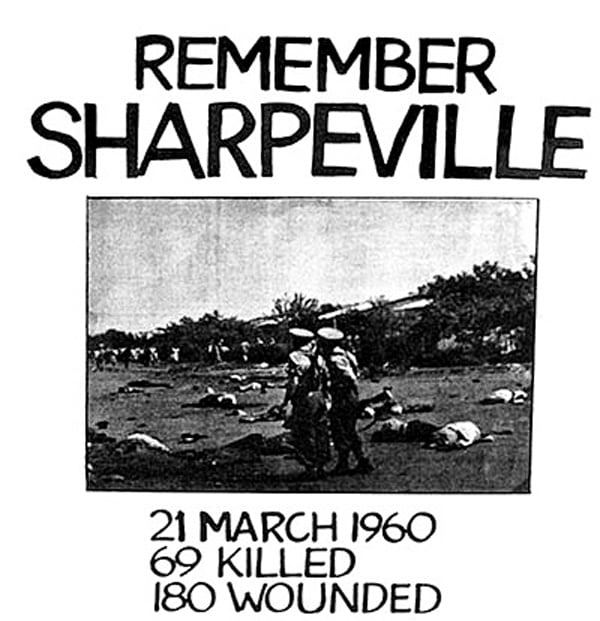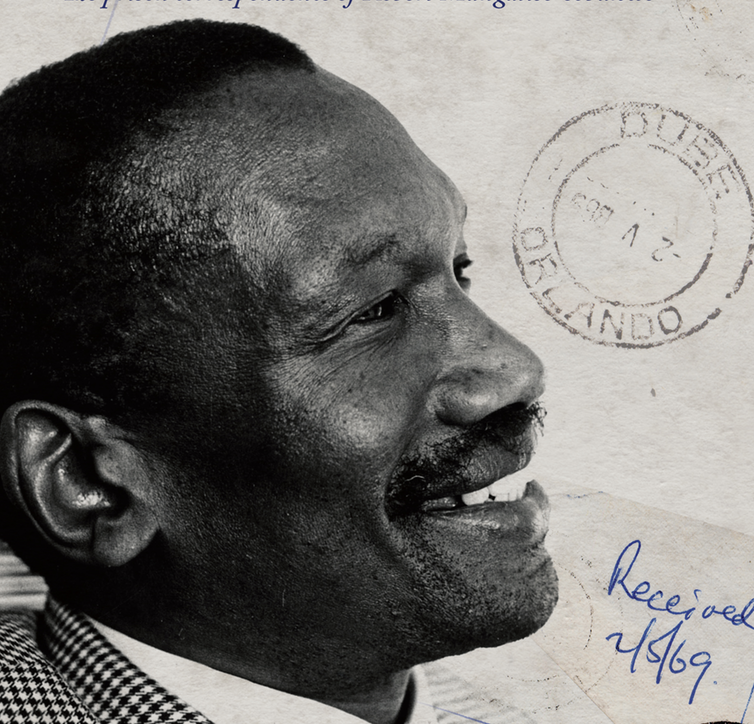
It is week two of the football famine and things are starting to get really rough. What’s worse is that a certain teetotaler called Bheki Cele has threatened to visit hell on anyone breaking the 1920s prohibition-style ban on those watering holes that provide us with the means to cope during this period of starvation.
Anyway, that is not the point of this column.
Saturday was meant to mark the 60th anniversary of the Sharpeville massacre, a tragic day whose events we should always remind ourselves of so that we appreciate the freedoms and possibilities that we as South Africans enjoy today.
This weekend would have been full of rallies, marches and official functions addressed by the president and leaders of the country’s various political formations.
The president, his ministers and other luminaries in his party would have used the day to talk about the achievements over the past 26 years of democracy, and the leaders of the opposition formations would have spoken about the failings of the ANC in realising the dreams of those who laid down their lives on March 21 1960.
A sixtieth anniversary, otherwise known as a diamond jubilee, may sound arbitrary and not as significant as others, but it is a milestone nevertheless.
It is an important one, whether it is about love, victory, service or whatever. So, 60 years since the Sharpeville massacre would have definitely been worth noting and used to take stock of the road we have travelled as a nation.
Then came this wretched virus, turning the lives of the world’s humans and animals upside down.
On Saturday, we were to remember the day the apartheid government’s security forces mowed down 69 black people who were protesting against the inhumane pass system that was one of the cornerstones of the racist apartheid era.
The organisation of that anti-pass campaign was the last major one from the Pan Africanist Congress (PAC) before it vanished and then re-emerged in the 1990s to randomly shoot white civilians.
Then it vanished again – this time into a vortex from which its leaders occasionally emerge to perform cameo roles on Comedy Central.
The idea of the day was to be defiant – black people would get themselves arrested for not carrying passes, they would not mount a defence and they would not apply for bail.
This way, the apartheid regime’s jails would be so full that the pass system would be impossible to enforce. The ANC, from which the PAC had broken away the year before, was also planning a defiance campaign, but the offspring stole the parent’s thunder.
Speaking on the eve of the nationwide marches of that day, PAC founder and president Robert Mangaliso Sobukwe emphasised the principle of non-violence among all those who would be participating.
“African people have entrusted their whole future to us. And we have sworn that we are leading them, not to death, but to life abundant. My instructions, therefore, are that our people must be taught now and continuously that, in this campaign, we are going to observe absolute non-violence,” he said.
By all accounts, the protesters adhered to the non-violence principle. This did not, however, stop the security forces from mowing them down, resulting in a massacre that accelerated apartheid South Africa’s isolation from the international community.
In the aftermath of Sharpeville and the defiance that continued after the massacre, the PAC and the ANC were banned. The organisations went underground, and many of the leaders ended up in prison or in exile.
Sharpeville was to be followed by many more massacres and callous brutality in the subsequent months, years and decades. But its significance was that it opened the eyes of the world about the willingness of the apartheid government to forgo all pretence of being civilised.
It mobilised the world against the apartheid system, putting in place a still unmatched and hard-to-repeat campaign of international solidarity.
It is a measure of the passage of time and history that, at the time of the Sharpeville massacre, government had declared gatherings of more than 10 black people in one place illegal and, as we mark the 60th anniversary of this tragedy, the democratic government has deemed any gathering of more than 100 people undesirable.
Read: Covid-19: Ramaphosa announces ‘urgent, drastic’ measures
That ban in 1960 was designed to keep black people under the yoke, and the penalty of defiance was jail or death at the hands of government operatives.
Today, the prohibition of large gatherings is aimed at preserving the lives of all citizens, and the penalty for going against this is illness and possible death at the hands of a hideous virus.
Back then, the security forces who massed at protest points around the country were doing so to protect an illegitimate state against a population that wanted basic rights.
These security forces were prepared to kill to preserve an evil system. This March, the security forces are wearing gloves and masks, and are out to defend the population against an evil virus.
Should a state of emergency be declared in the next few weeks, it will be to protect the people from themselves. Back then, it was to keep the people down.
Anniversaries like this one allow us to pause, reflect and learn from our past to better our present.
| |||||||||||||
| |||||||||||||




 Publications
Publications
 Partners
Partners









